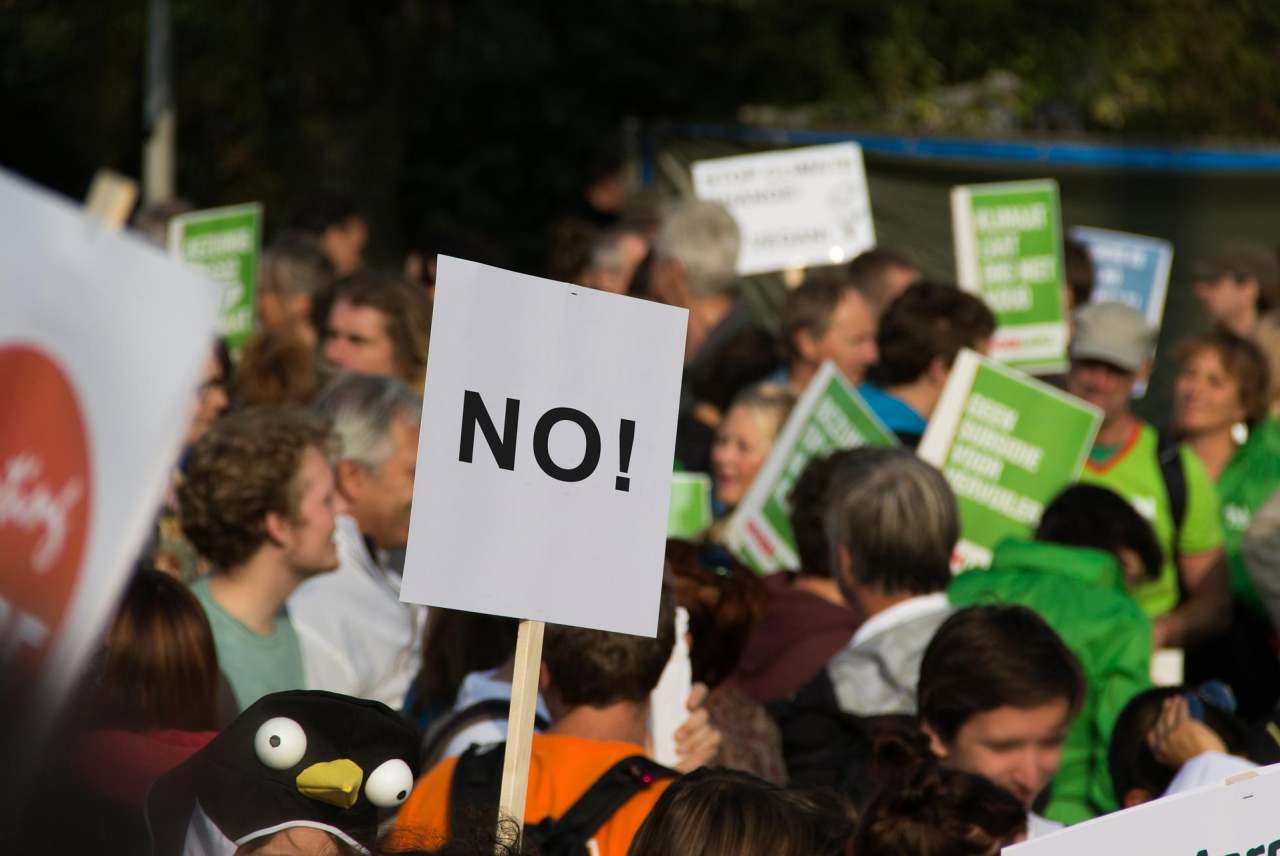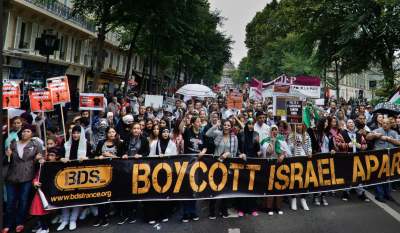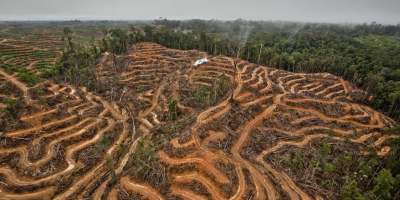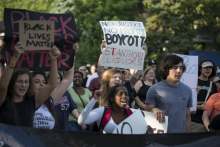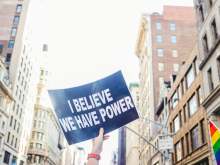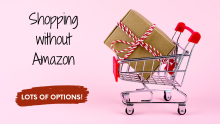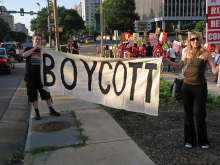Over 1,000 people responded to our survey in March 2024 asking what they were boycotting. It confirmed what we already suspected: many people are using their consumer power to make a statement against unethical corporate activities.
Even more of our readers are partaking in boycotts since we last surveyed three years ago, with many thinking about ways to avoid Amazon, unsustainable palm oil, and join boycotts calling for Palestinian human rights.
Here's a list of the top 10 companies, countries or products that our readers are currently boycotting.
1. Amazon
Just over 75% of respondents are joining us in our boycott of Amazon.
We’ve been boycotting Amazon over their large scale tax avoidance since 2012.
Our research found that in 2023, up to £433 million could have been lost to the UK public purse from the corporation tax avoidance of Amazon alone. That would pay for a lot of public services.
There are also many other reasons to boycott Amazon such as workers' rights and environmental issues.
Find out more and join the campaign:
